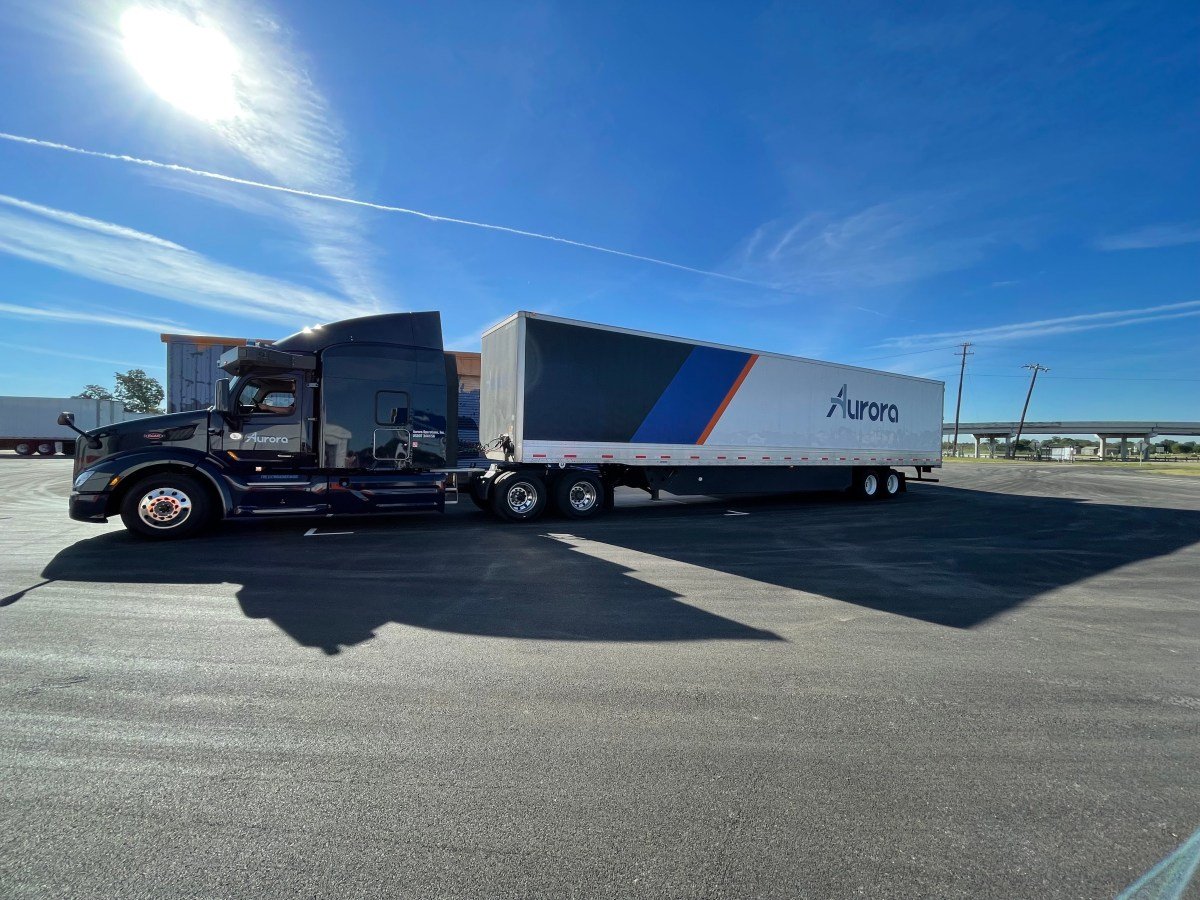Aurora Innovation is facing some major changes as the autonomous vehicle technology company shifts its focus towards the future. With plans to launch a “driverless” self-driving truck business by the end of 2024, the Pittsburgh-based company has recently confirmed that it has laid off dozens of employees in the beginning of the year. According to sources familiar with the action, the cuts impacted about 3% of the company’s total workforce.
“Through this process, a limited number of roles were eliminated which impacted 3 percent of our total workforce,” stated Cristopher Barrett, Aurora’s senior vice president of people. “During the recent market uncertainty, we have been incredibly thoughtful in our resourcing in order to minimize such actions. We are grateful for the contributions of these individuals and are supporting them through this transition.”
Despite the layoffs, Aurora remains confident in its ability to achieve its ambitious goals. The company currently employs approximately 1,800 workers and stated that the recent organizational review was necessary in order to ensure their effectiveness and accelerate their progress towards commercial launch.
As Aurora continues to push forward with their plans, they will be deploying a fleet of self-driving trucks that can navigate U.S. highways without a human driver behind the wheel. This feat has been a major challenge for many in the autonomous vehicle industry, but Aurora is determined to succeed, with plans to launch up to 20 driverless Class 8 trucks by the end of 2024. These trucks will initially operate on a route between Dallas and Houston, a familiar testing ground for the company.
But Aurora’s ambitions don’t stop there. The company has also teamed up with automotive supplier Continental in a project worth over $300 million, with the goal of mass producing autonomous vehicle hardware for commercial self-driving trucks. The first phase of this project has recently been completed, allowing Continental to move forward with the development of prototypes and preparation for production in 2027.
While developing autonomous vehicle technology is an expensive endeavor, Aurora is determined to make it a reality. As many startups faced financial struggles and closures throughout 2020 and into 2023, Aurora stood strong. Founded in 2017 by former employees of Tesla, Uber, and Waymo, the company made a bold move to become a publicly traded company in 2021, with the help of a special purpose acquisition company led by LinkedIn co-founder Reid Hoffman, Zynga founder Mark Pincus, and managing partner Michael Thompson.
As one of the few companies dedicated to commercializing self-driving big rigs, Aurora continues to maintain its position as a leader in the industry. While others such as Kodiak Robotics, Torc Robotics, and Sweden’s Einride are also in the race, Aurora has emerged as a top competitor. However, the road to success has not been without its challenges, with the high cost of employing engineers to develop the technology and economic obstacles constantly looming.
In 2022, a leaked memo from Aurora’s CEO and co-founder Chris Urmson revealed a range of options to cut costs and generate more cash, including a hiring freeze, asset spin-outs, potential capital raises, and even selling the company to tech giants like Apple and Microsoft. Despite this, Aurora continued to reassure investors of their financial stability, with enough funding to last until mid-2024. In July 2023, the company completed a successful capital raise of $820 million, providing much-needed relief.
With this recent boost in funding, Aurora’s third-quarter earnings report reiterated their financial strength and stated that they now have a total liquidity of $1.5 billion. This secured funding will support their planned commercial launch at the end of 2024 and keep their operations funded well into the second half of 2025. It’s clear that Aurora is a force to be reckoned with in the self-driving industry, and with their determination and strategic planning, they are on their way to revolutionizing the way we think about transportation.








